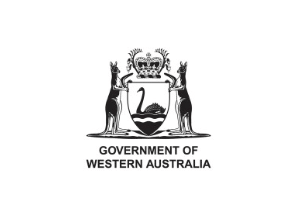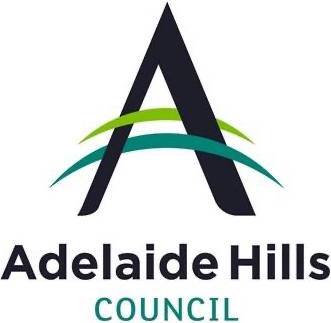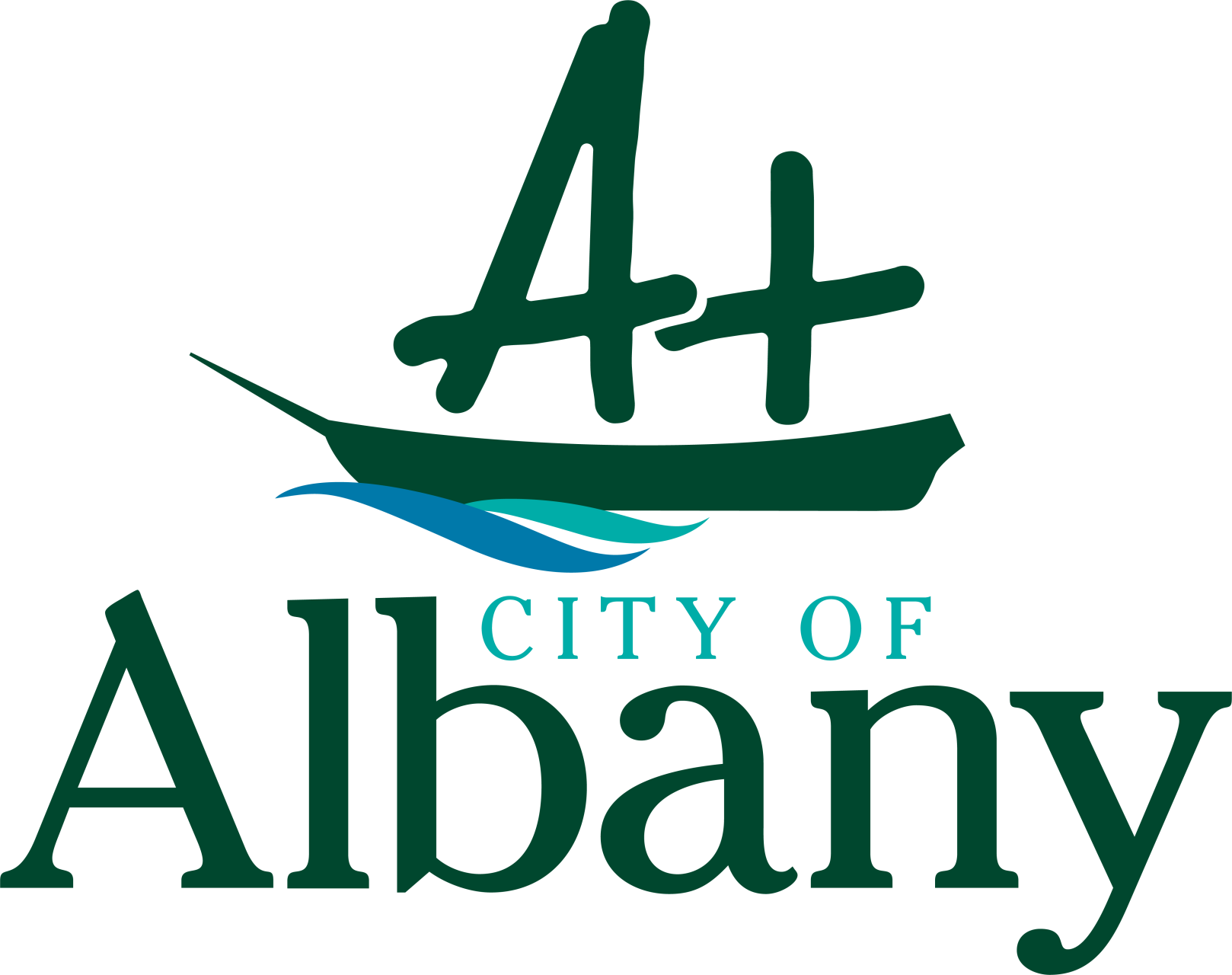Australian National Character Check (ANCC®) makes obtaining Nationally Coordinated Criminal History Checks simple and fast.
Seventy per cent of Nationally Coordinated Criminal History Checks get returned to applicants within 24 hours of completion. The remaining get referred for manual processing, which takes up to 15 days or longer.
Checks get instantly dispatched via email on the same day they are received from the National Police Checking Service (NPCS).
Checks issued by ANCC are valid for employment, probity, licensing, volunteering, and Commonwealth employment purposes.
All of ANCC's staff are based in Canberra, ACT and all data is securely stored on servers based in Australia.
Applicants applying for Visa or Immigration nationally coordinated criminal history checks must apply via the Australian Federal Police (AFP).
Applicants applying via ANCC get provided the option to request an optional hard copy certificate or to choose a premium priority processing service.
Information on ANCC's premium priority processing service:
All federal government approved providers have the same access to the nationally coordinated criminal history check.
Once ANCC has sent a check for a result, the National Police Checking Service or police agencies do not offer an express service.
Any express processing only relates to the part of the process completed by Australian National Character Check Pty Ltd (ANCC) for reviewing the application in accordance with federal government guidelines.
Legitimacy of the check issued by ANCC?
There is no difference in the legitimacy of a police check certificate issued by a state or territory police agency and a Nationally Coordinated Criminal History Check issued by Australian National Character Check. Applicants may notice differences in the formatting of the results certificate; however, both are equally legitimate and valid.
Applicants who apply through ANCC do, however, experience a substantial difference in speed and efficiency when obtaining their check online. The majority of checks (around seventy per cent) get returned to applicants within 24 hours.
Overall, applicants save time and cost when applying for their Nationally Coordinated Criminal History Checks Online.
A nationally coordinated criminal history check has become one of the most essential certificates decision-makers ask a person to present before granting them appointments or services. It helps decision-makers to make "well-informed" decisions about an individual or their tendencies to obey rules and regulations.
The check contains an individual's Disclosable Court Outcomes (DCOs) under the state or territory's laws and jurisdictions.
If you have ever been convicted of an offence or charged to court (juvenile and adult), these records may show up on your check.
When an individual applies for a Nationally Coordinated Criminal History Check, it can come out as either of two result:
Disclosable Court Outcomes (DCOs)
Criminal records, convictions, charges, and offences deemed releasable.
No Disclosable Court Outcomes (NDCO)
If there is no finding of a "releasable" offence, or the individual has clean records on the National Police Checking Service Database.
A nationally coordinated criminal history check is a point-in-time check and has no set expiry date. It remains valid from the point of issue till an updated check is required.
Nationally Coordinated Criminal History Checks reflect criminal history until the issue date (point-in-time check). Most companies, organisations or individuals will not accept Nationally Coordinated Criminal History Checks older than 3 months for recruits and 12 months for current (existing) workers.
Since a nationally coordinated criminal history check updates a person's criminal status and helps the company make informed risk decisions, the government generally advises some firms to request updated checks from their employees within a respectable time interval.
Applicants must provide three identification documents and a biometric link to obtain a Nationally Coordinated Criminal History Check.
These include:
1 x Commencement ID, 1 x Primary ID, 1 x Secondary ID and a biometric link between the applicant and their ID documents.
As instructed on the ANCC website, a self-photo "selfie" demonstrating liveness is a biometric link.
All applicants must meet the minimum identity requirements regardless of which nationally coordinated criminal history check (NCCHC) provider they use.
If an applicant finds out they must meet minimum identification document requirements due to a lack of IDs, they should approach their local government shopfront to update their documents. This means that you may need to obtain new papers or change your existing ones to reflect your name correctly if they currently do not.
A complete checklist for identification documents required for Nationally Coordinated Criminal History Checks can be downloaded using the links below:
Nationally Coordinated Criminal History Check (NCCHC) - Identification document checklist (DOCX)
Nationally Coordinated Criminal History Check (NCCHC) - Identification document checklist (PDF)
ANCC provides seventy per cent of applicants with valid results of their Nationally Coordinated Criminal History Check in as little as 24 hours after completing the online application form. The remaining thirty per cent of checks referred for manual processing can take 15+ days.
You can comfortably apply for a background check via any internet-enabled device. On average, people complete the online application in about 15 minutes (including ID verification).
When an application gets flagged for manual review, it does not mean the finding of a conviction. It could result from other circumstantial factors like a common name or a name similar to one with a criminal history on the national police checking service database.
An official will have to give physical supervision and evaluate the process. This manual process delays when an applicant gets their certificate.
Applicants should note that no agency can influence or know beforehand which application will get flagged for manual review.
ANCC can only provide more clarity to the process.
An Employment check costs $52.90 + GST (base cost).
A Volunteer check costs $24.90 + GST (base cost).
In some circumstances, your workplace or requesting authority may reimburse the cost of your Nationally Coordinated Criminal History Check. In other circumstances, applicants need to cover the costs of their own check.
Trade prices are available for business and government entities who use ANCC's business portal.
There are many reasons why a person may need a check for employment purposes. ANCC helps provide accredited check results to individuals who apply for jobs where it may be required as part of their organisation's internal risk mitigation policies or legislative requirements.
You may require a nationally coordinated criminal history check when you apply for licences or accreditations.
- Driver accreditation and licensing (e.g. bus drivers, taxi drivers, hire car drivers, chauffeur drivers, rideshare drivers, etc.)
- Transport Operators Licensing
- Real Estate
- Other licences for a regulated activity.
Part of the numerous requirements for moving into Australia or renewing your Visa is to present an updated AFP nationally coordinated criminal history check.
Only the Australian Federal Police (AFP) can issue a valid AFP nationally coordinated criminal history check for visa or immigration purposes.
ANCC does not provide nationally coordinated criminal history checks for immigration or visa purposes.
Some applicants ask whether it is possible to obtain a free nationally coordinated criminal history check. The short answer is no; it is not possible to get a free nationally coordinated criminal history check. All check requests come with a fee.
Applicants can obtain an Employment Nationally Coordinated Criminal History Check from ANCC for a base cost of $52.90 + GST or a Volunteer check for $24.90 + GST (base cost).
Nationally Coordinated Criminal History Checks are a statutory function of Australian police agencies, and the rules set by the Australian federal government stipulate a fee for each check request.
When conducting a Nationally Coordinated Criminal History Check, the applicant's information is compared to the data in the National Police Checking Service (NPCS) Database and Australian Police records. If you were convicted of an offence anywhere in Australia, it will reflect on the check results report.
The check issued by ANCC is called a Nationally Coordinated Criminal History Check (NCCHC). Other informal names the general public may use include: Criminal history check, crime check, police clearance, etc. The check is valid in all states and territories of Australia:
The check contains details of charges, convictions, offences, good behaviour bonds, court sentences, and other findings of a legal Australian court deemed relevant (DCOs) under the legislation and information release policies.
So if you apply for a check, here are some of the Disclosable Court Outcomes (DCOs) that may show up on your Nationally Coordinated Criminal History Check certificate:
- Assault or sexual offences;
- Warrants;
- Fraud charges;
- Murder or manslaughter charges;
- Traffic offences;
- Any other pending court charges and offences.





















 Instant SMS updates. Our system provides instant SMS updates when your nationally coordinated criminal history check result has been delivered to you.
Instant SMS updates. Our system provides instant SMS updates when your nationally coordinated criminal history check result has been delivered to you.

















